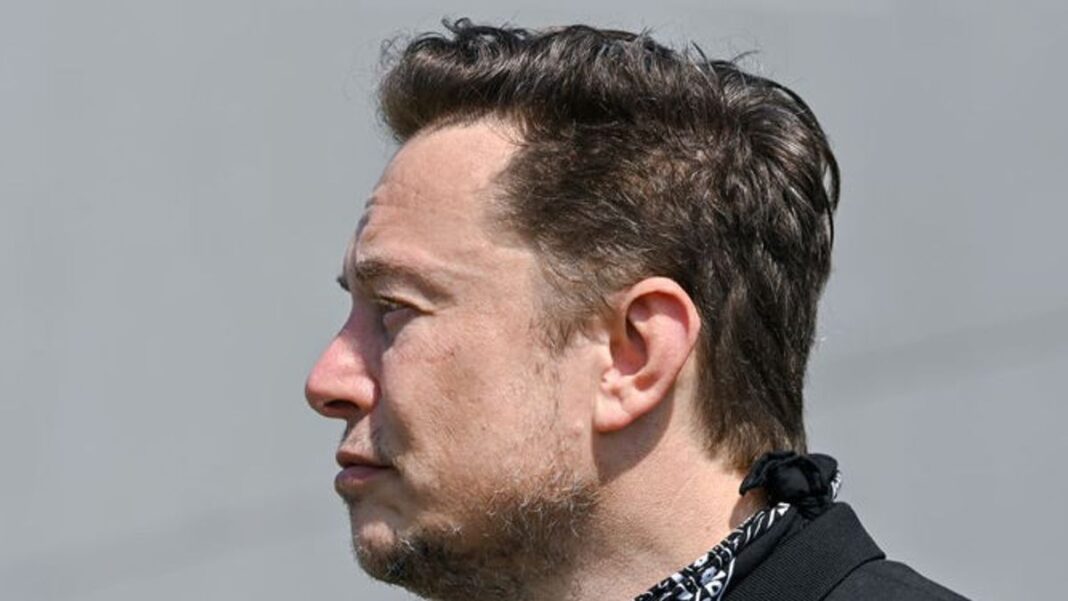
Elon Musk is among the weirdest humanoids to ascend to the oligarchy. He believes that artificial intelligence is among the greatest threats to humankind, even as he works to create it. He is currently developing an implantable brain-computer interface so that normal humans can keep up with this artificial superintelligence. He believes that robots will take over all human labor—and he’s actively working on those, too—so he argues we need to implement a universal basic income.
So according to Musk, the future of humanity is a horde of brain-chipped welfare recipients jacked into the Matrix on the sunny slopes of Mars.
Aside from looking at a man’s lovers—and Musk does pretty well in that department—one way to understand his thinking is browsing his bookshelf. In an Elon reading list put together by Blinkist, there are three titles that really stand out.
The first is Life 3.0 by MIT physicist Max Tegmark. It’s an excellent introduction to the overall transhumanist vision, especially the Cult of the Singularity. By the end, Tegmark has descended into madness, cooking up ways that silicon-based organisms will struggle against cosmic entropy—but it’s all about the journey, not the destination.
In one particularly useful section, Tegmark war-games various scenarios that may arise in the near future. It could be that artificial superintelligence emerges and keeps us as pets in a human zoo. It could be that, to avoid that fate, our governments create a vast surveillance state to make sure that no one ever attempts to create a super AI in the first place.
It could be that we destroy all technology and revert back to an agrarian existence. Or it could be that we simply nuke ourselves into dust.
Musk frequently echoes these apocalyptic visions in interviews. It’s clear that Tegmark’s line of thinking had a deep impact on him. And yet, knowing what he knows, Musk is willing to go ahead with his AI projects anyway.
The second striking title is Superintelligence by transhumanist Oxford philosopher Nick Bostrom. In this book, Bostrom also warns that an unpredictable artificial superintelligence could enslave or destroy all of humankind. Before Musk had implanted the first Neuralink into a pig, Bostrom argued that neuroenhancement would be necessary to keep pace with such a demonic entity.
Bostrom also argues that, statistically speaking, we are most likely living in a computer simulation. It’s an idea that Musk has discussed publicly many times. As the theory goes, advanced civilizations across the universe will create billions of vivid computer simulations. These will be indistinguishable from physical reality. Therefore, the chance that we are presently inhabiting an original physical universe is less than one in a billion.
In other words, neither Musk nor Bostrom believe in God, so they assume that we live in some computer geek’s creation. With that belief in mind, Musk is busy preparing humanity to become what we’re obviously meant to be—a swarm of cyborgs.
Finally, there is The Merchants of Doubt by Naomi Oreskes and Erik M. Conway. The book describes how deadly human creations—pollution, tobacco products, and nuclear warheads—were allowed to go forward due to wall-to-wall propaganda campaigns. While the rich got richer from human destruction, the “merchants of doubt” lulled the population into indifference.
Today, as we watch the media fawn over Musk—including his right-wing acolytes—you have to admire the fact that TIME’s “Transhuman of the Year” is actively working to push humanity toward a cyborg existence on Mars, while the “merchants of doubt” work overtime to cover his tracks.
To be fair, the mind of Musk is an interesting place, but I’d never want to live there.
By Joe Allen








